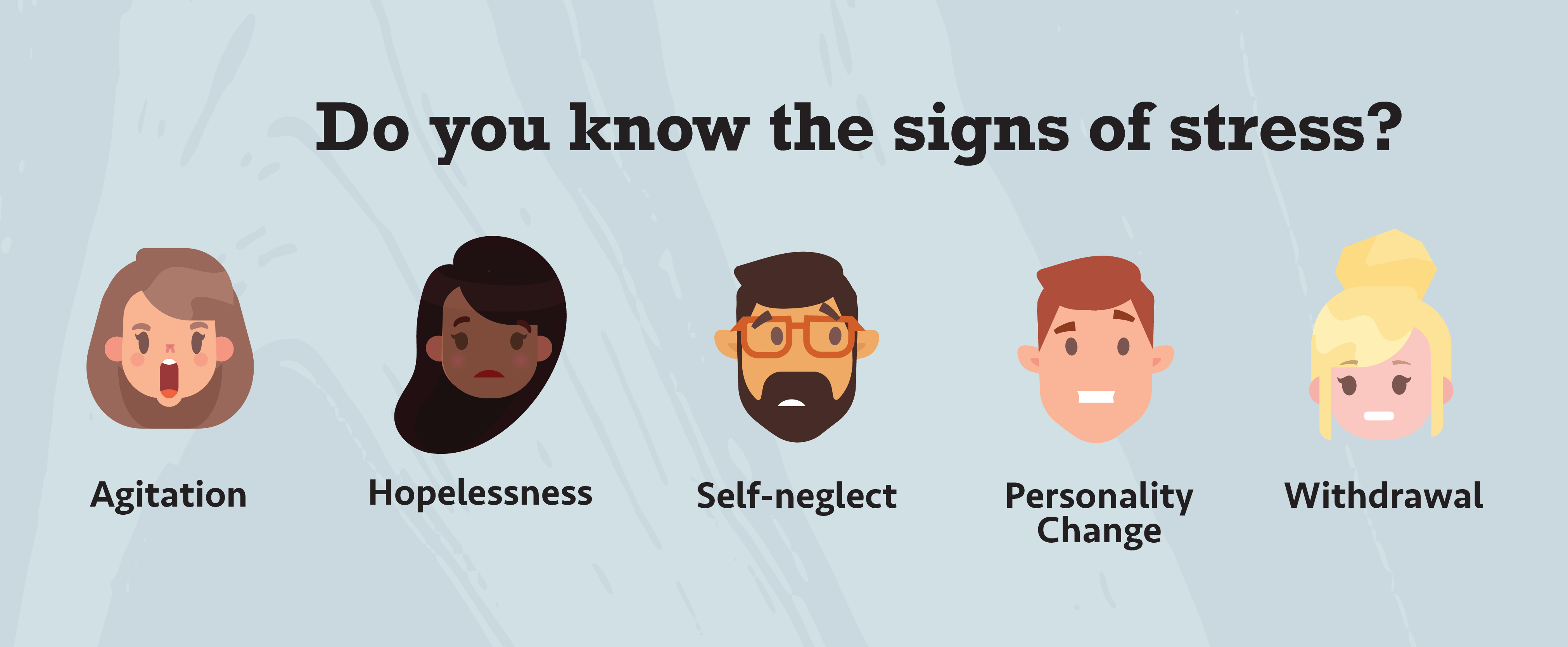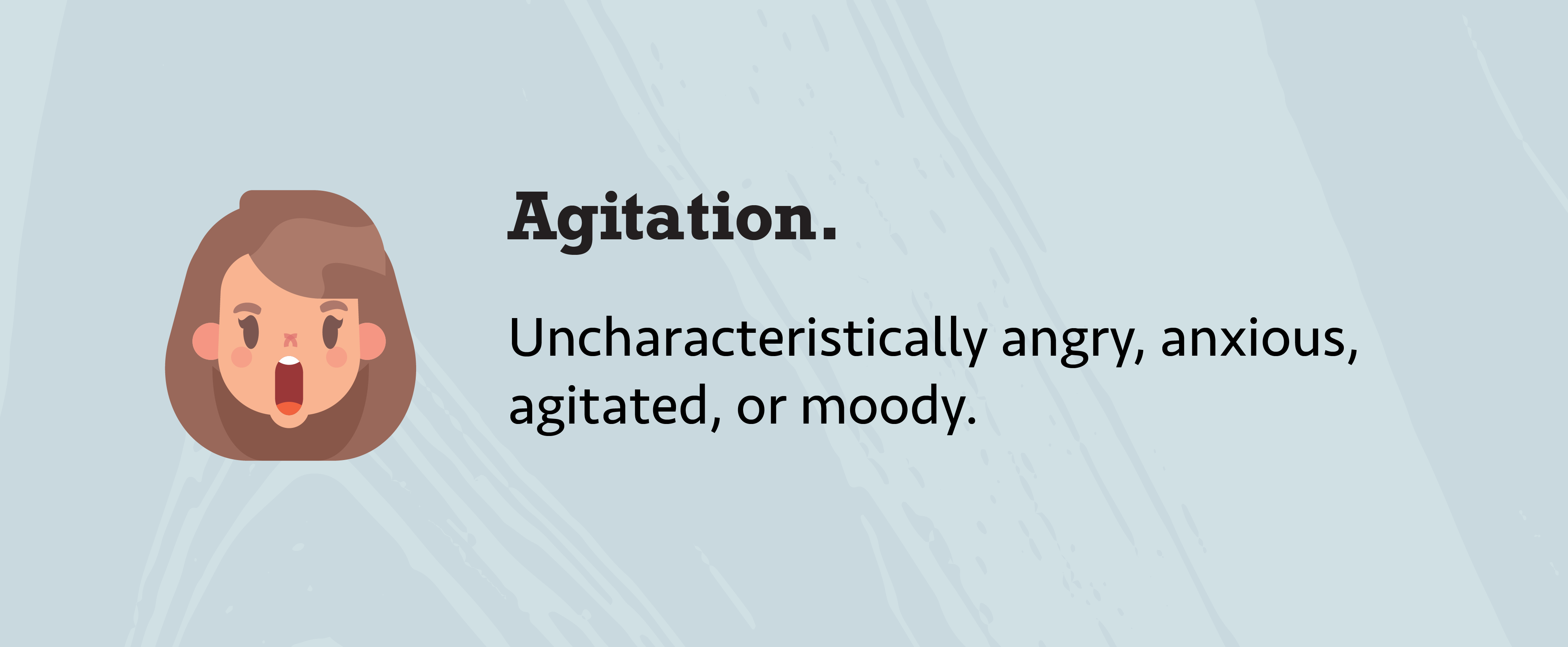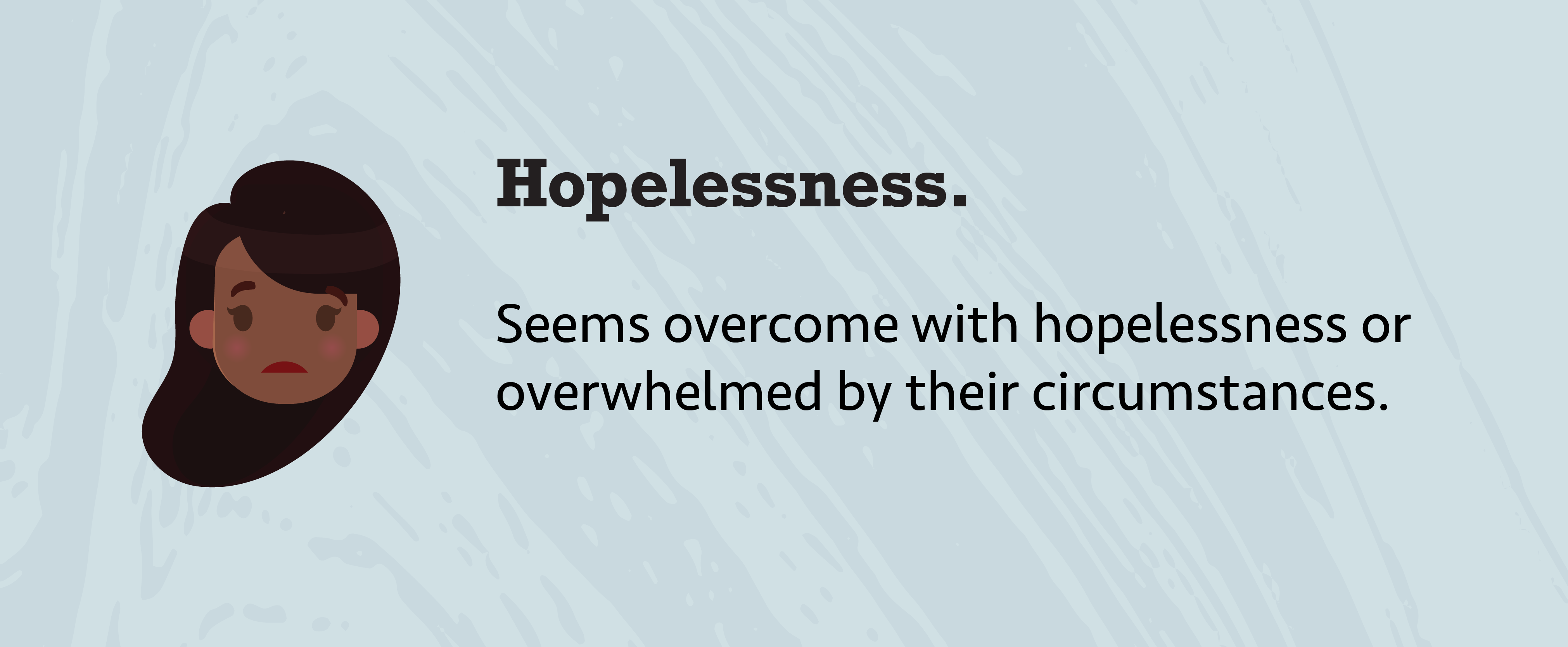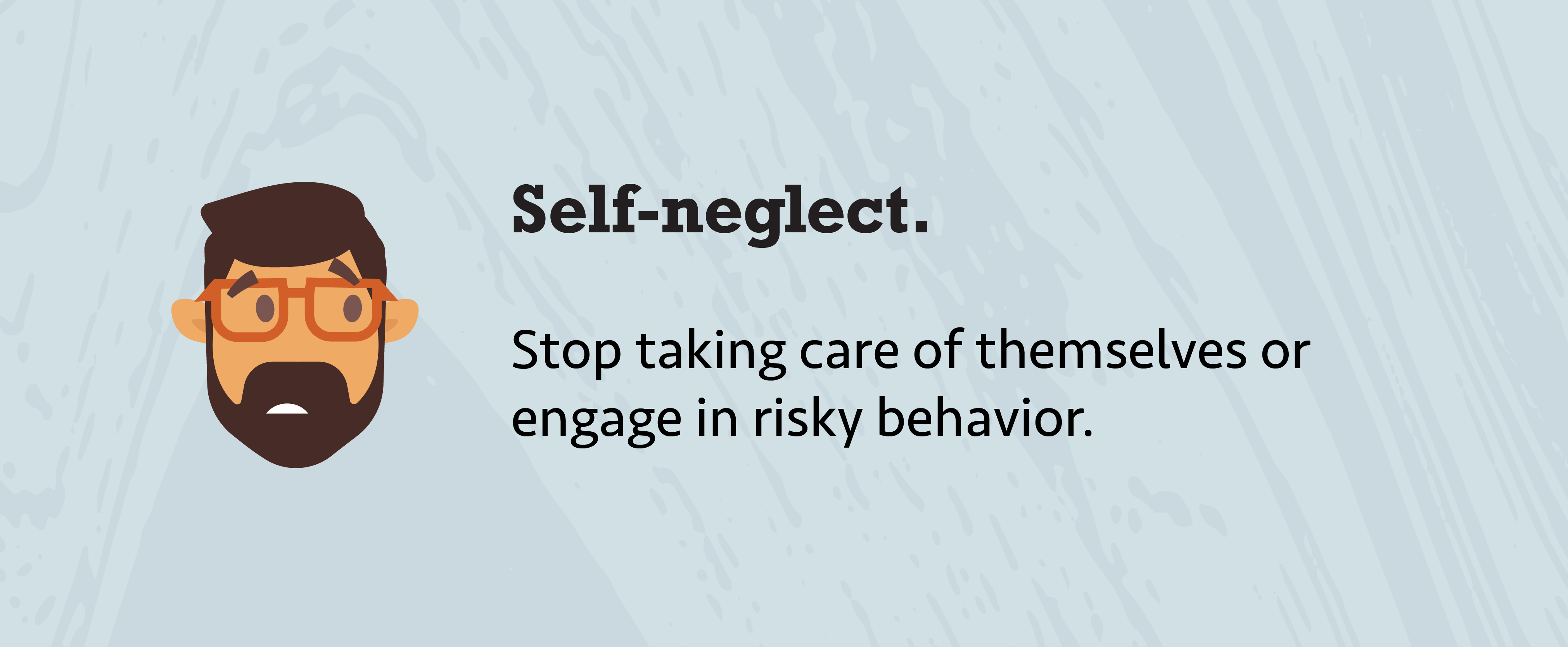Signs of Stress (SOS)
Stress in the college student
Over the last decade, colleges and universities have seen alarming increases in stress, anxiety, depression, and other mental health challenges among their students. In a 2018 administration of the National College Health Assessment, 49% of college students reported feeling highly stressed, 47% of students reported feeling overwhelmed by anxiety in the past year, and 41% of students shared that at some point in the last 12 months, they had felt so depressed that it was difficult to function. Wake Forest University recognizes the importance of addressing campus mental health concerns and working to enhance emotional wellbeing on our campus through awareness, access to resources, and promotion of emotional wellbeing.
The Signs of Stress (SOS) campaign was established in 2017 as a twice-yearly event to educate and empower the campus community to enhance their emotional wellbeing. The SOS campaign aims to address negative stigma around mental health and help seeking and provide resources to help students understand their stress responses, attend to their emotional wellbeing, and understand how to lower their stress levels.
Know the 5 Signs of Stress:
- Agitation: uncharacteristically angry, anxious, agitated or moody
- Hopelessness: seems overcome with hopelessness or overwhelmed by their circumstances
- Withdrawal: isolate themselves from other people
- Personality change: sudden or gradual change of the way someone behaves
- Self-neglect: stop taking care of themselves or engage in risky behavior
Wondering about your mental health now?
The Counseling Center offers screenings on their website where you can check-in on several different concerns.
Need help NOW? You can walk-in to the Counseling Center (Reynolda 117) during our regular business hours or call our office (336.758.5273) 24/7/365 to speak with a counselor on call.
Looking for campus resources to help you lower your stress? Check these out!
Tips for Managing Stress:
- Get enough rest! Sleep can help reduce the effects of stress.
- Nourish your body. Eating well and drinking plenty of water can help with overall health and wellbeing.
- Get active! Physical activity can improve your mood, enhance concentration, and reduce feelings of anxiety and depression.
- Find your zen. Try calming activities like meditation, relaxation techniques, or yoga.
- Set goals and priorities. Determine what needs to be accomplished, and what can wait. Learn to say no if you are feeling overwhelmed.
- Gain support. Accepting help from friends and family can improve your ability to manage stress. If you continue to feel overwhelmed by stress, schedule a visit with a counselor for additional help and support.
















